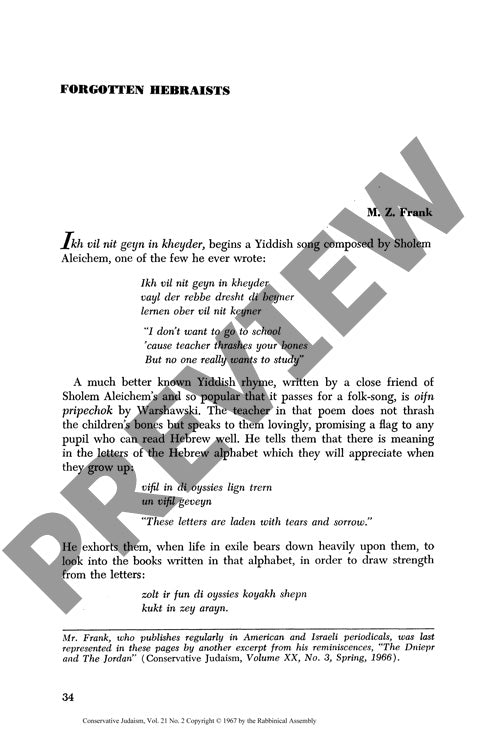Forgotten Hebraists
Couldn't load pickup availability
Hebrew-speaking children in early twentieth-century Eastern Europe sparked both inspiration and controversy as they participated in a revolutionary educational experiment. The *heder metukan* (reformed Hebrew school) movement, spearheaded by Chaim Weizmann in Pinsk in 1900, transformed traditional Jewish education by reviving Hebrew as a living, spoken language after fifteen centuries of dormancy. Through personal memoir and historical analysis drawing from Hebrew and Yiddish sources, this research traces how these modernized schools spread from Warsaw to Tashkent, with particular focus on educator Yishai Adler's influential Homel institution. The methodology combines autobiographical narrative with documentary evidence to reveal how the schools integrated European classroom practices while advancing Hebrew instruction through the "direct method" (*ivrit b'ivrit*). Traditional communities often viewed children's everyday Hebrew conversation as a threat to established cultural norms, generating significant social tensions across the Russian Empire. The findings demonstrate that these reformed schools transcended mere educational innovation, serving as fundamental instruments of Jewish national renaissance and laying crucial groundwork for Hebrew's eventual emergence as Israel's spoken language.

More Information
-
Physical Description
-
Publication Information
Published 1967
ISBN
-
Publication Credits
M. Frank

